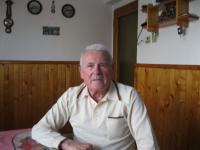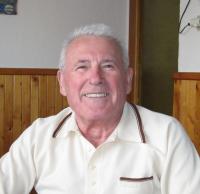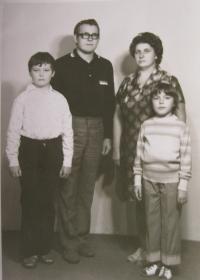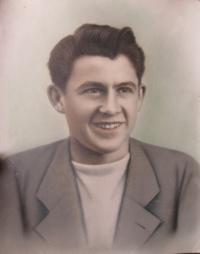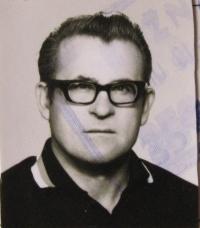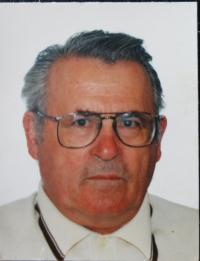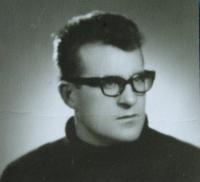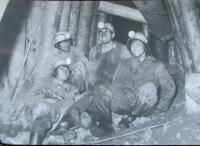I held to my principles. I had nothing to lose
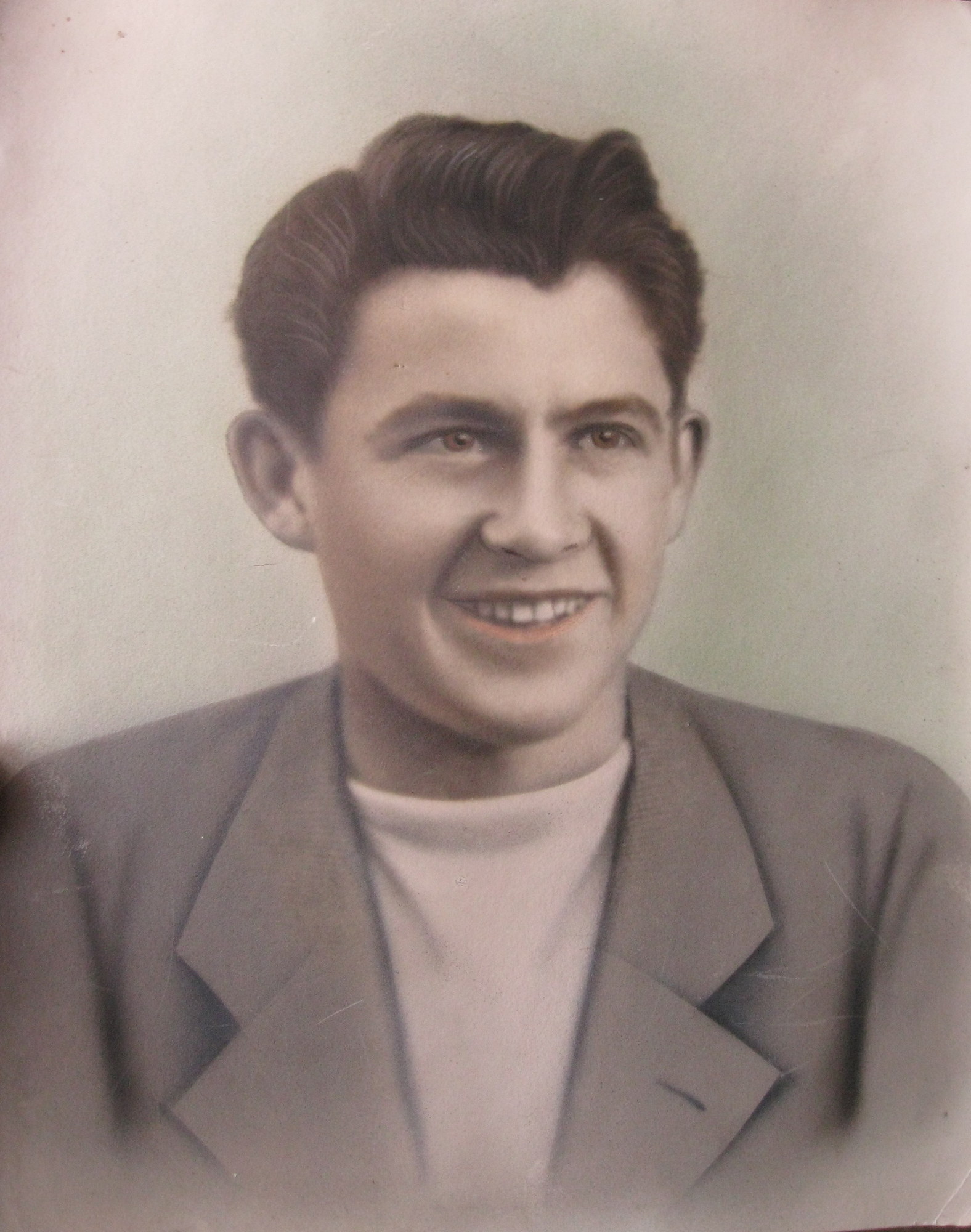
Download image
Vilém Šindelka was born in 1929 in Brno-Husovice. He escaped to Austria after the communist coup in February 1948. In the emigration camp (in the American sector of Vienna), another emigrant asked him to carry a sealed letter back to Czechoslovakia. The man was most likely an agent of the Czechoslovak Secret Police (StB), and Šindelka was thus arrested at the border and sentenced to a life term for high treason and espionage. He attempted escape three times, and he and his friends once even managed to get to East Germany, but were detained. He also planned an escape from the labour camp, Vojna (near Příbram), together with Colonel Pravomil Raichl. He was interned in several labour camps and prisons and in 1955 he experienced a prisoners’ strike in Leopoldov. He has been subjected to special punishment in correction cells or in solitary confinement many times for expressing his free will. He was not released in any of the large amnesties and was realased from prison in 1966 after more than seventeen years. He now lives with his wife in Zlatkov near Bystřice near Pernštějnem.
